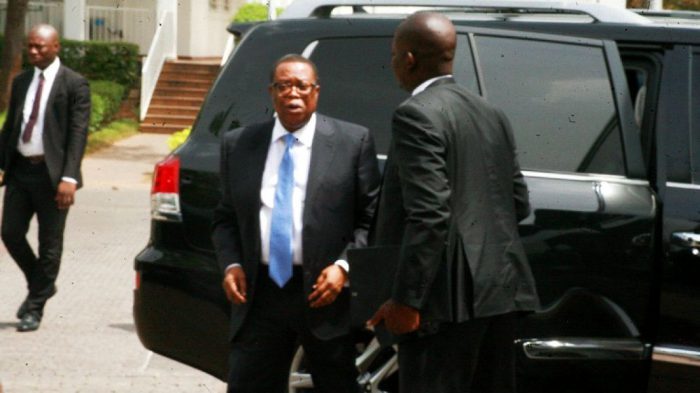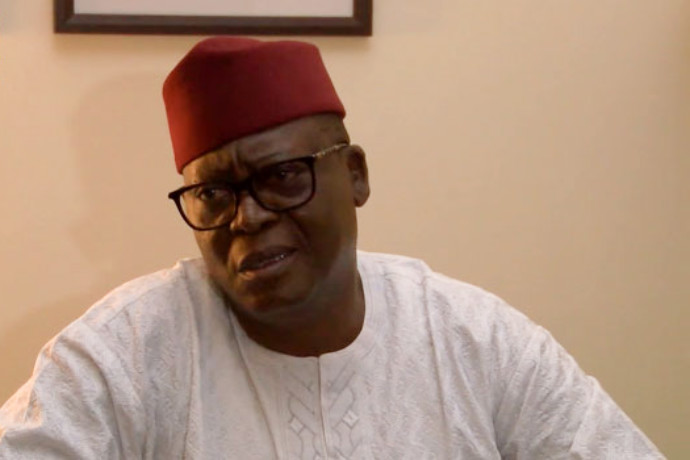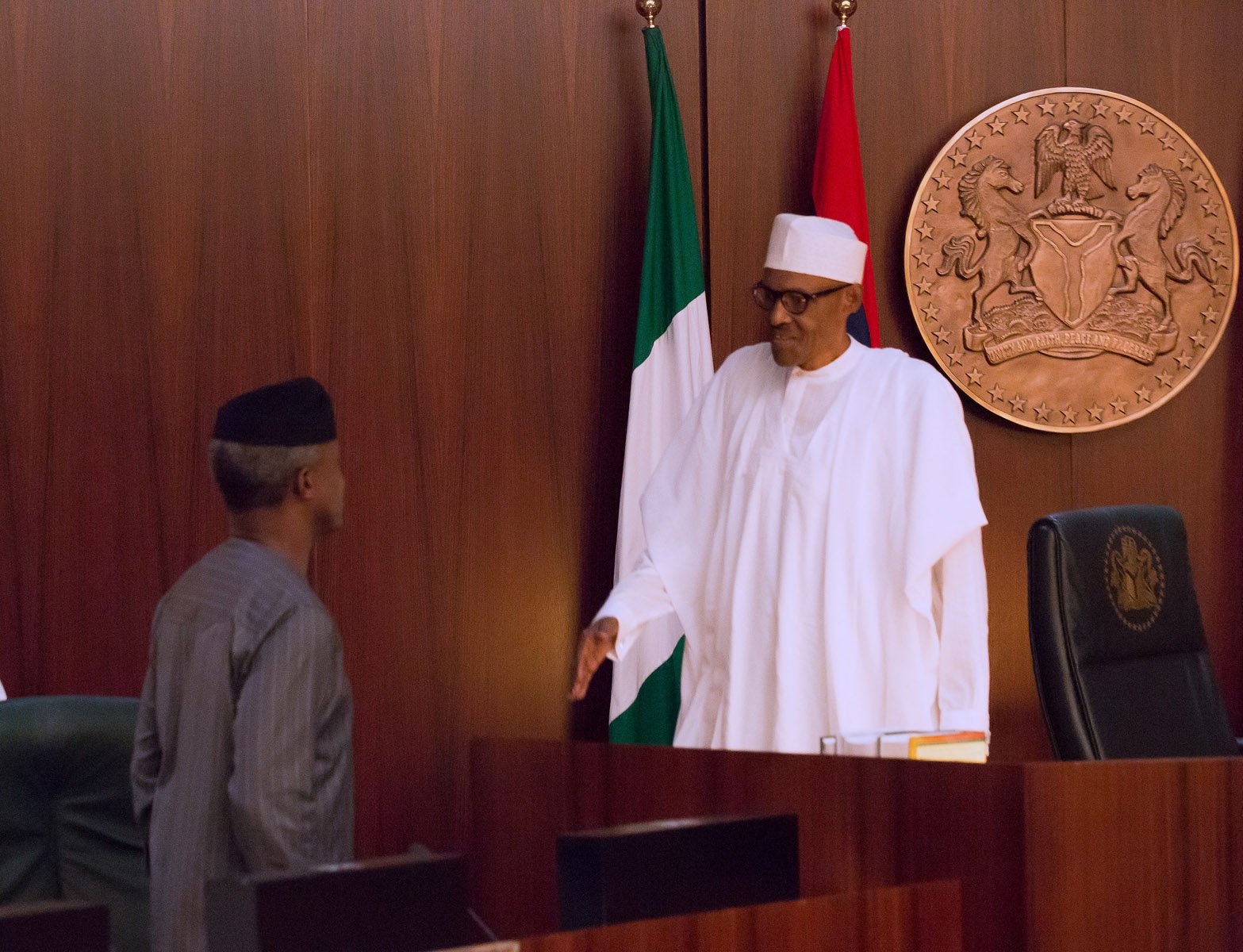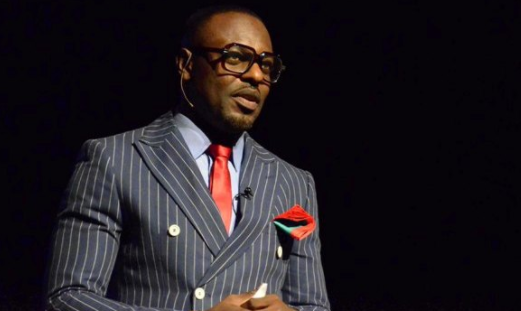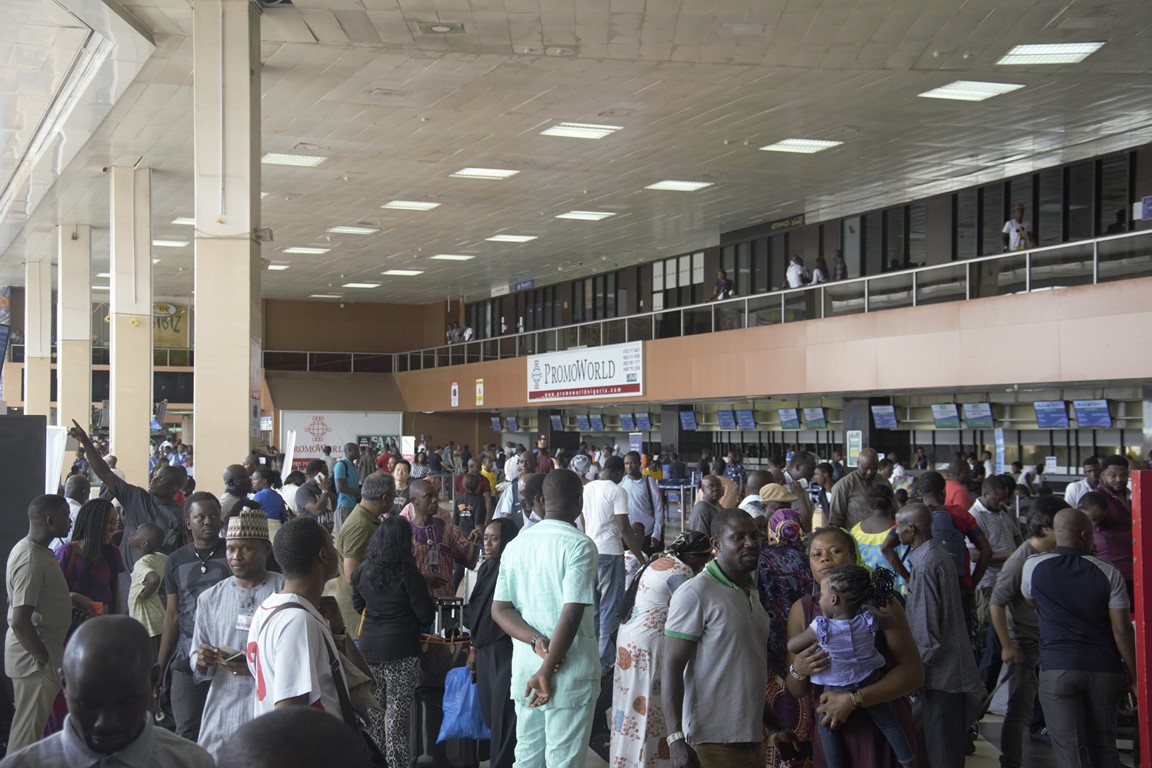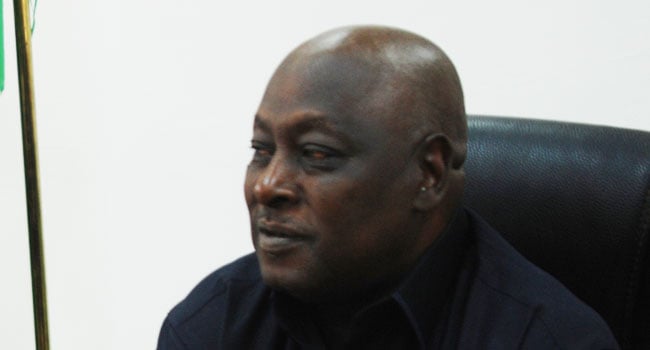The Socio-Economic Rights and Accountability Project (SERAP) has commended President Muhammadu Buhari for sacking Babachir Lawal, secretary to the government of the federation, and Ayo Oke, director-general of the National Intelligence Agency (NIA).
On Monday, Buhari sacked the duo, who have been on suspension for over three months.
Oke’s agency had claimed ownership of the monies discovered in an Ikoyi apartment while Lawal was indicted for corruption by the senate committee on the humanitarian crisis in the north-east.
Reacting to the news of the sack, SERAP urged the president to “go a step further” by ensuring that they are thoroughly investigated.
Advertisement
In a statement, Timothy Adewale, SERAP deputy director, said though the sack is coming rather late, it is a positive development in the fight against “grand corruption.”
He urged Buhari to urgently handover Lawal and Oke to the Economic and Financial Crimes Commission (EFCC) and the Independent Corrupt Practices and Other Related Offences Commission (ICPC) for further investigation, “and if there is relevant and sufficient admissible evidence, for them to face prosecution.”
“Buhari also has to move swiftly to publish the report of the investigation into the secret reinstatement of the fugitive former civil servant, Abdulrasheed Maina, and without delay identify and bring to justice anyone suspected to be involved,” the statement read.
Advertisement
“This government now has a real opportunity to reassure a lot of Nigerians who may be worried about the direction of travel of the president’s anti-corruption agenda that there will be no sacred cow as far as the fight against corruption is concerned.
“What the government needs at this time is a revolutionary approach to the fight against corruption if Buhari is to show his commitment to ‘kill’ corruption before corruption ‘kills’ Nigeria.
“Without effective prosecution of high-ranking public officials charged with corruption, this government’s fight against corruption may sadly turn out to be all motion and no movement, and this will eventually undermine the legitimacy of the anti-corruption efforts.”
Advertisement
Add a comment

